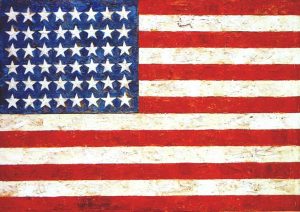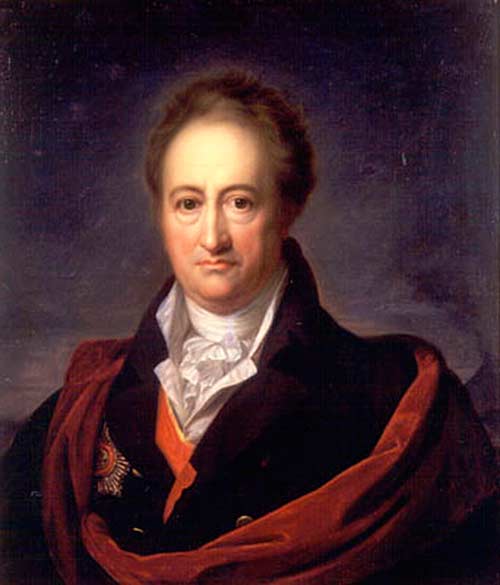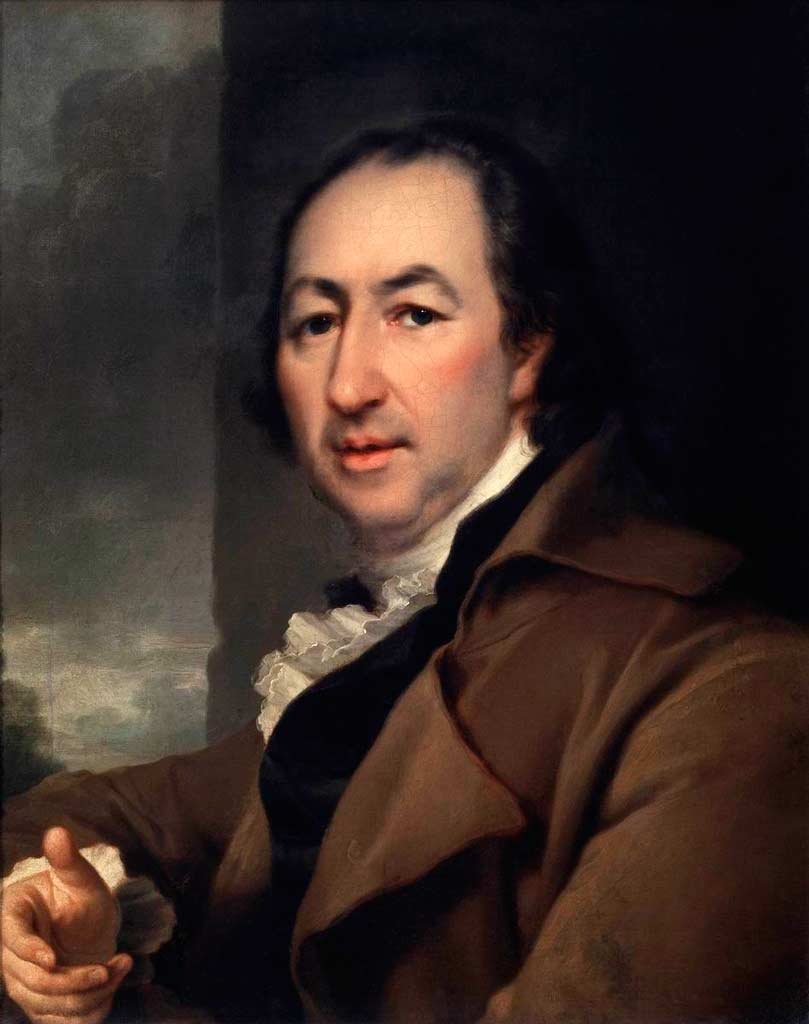something like
Pop Art and Literature
 I do not like to talk about art, its impact on society and all that. I do not like, does not mean condemn such reflections. Well, you know how often it is customary to think and talk, saying that such inventions are the lot of homosexuals-aesthetes, all art was fucked up by bare asses, only the old school, only Leo Tolstoy.
I do not like to talk about art, its impact on society and all that. I do not like, does not mean condemn such reflections. Well, you know how often it is customary to think and talk, saying that such inventions are the lot of homosexuals-aesthetes, all art was fucked up by bare asses, only the old school, only Leo Tolstoy.
Simply, in my opinion, I lack the knowledge and experience to feel my own in this area. Continue reading
The basis of the interaction of fiction
 Science fiction as a genre in culture and media reality in one degree or another together and not randomly characterize modernity. This can be demonstrated by examples from the gaming industry, visual arts, network communication – the media forms of self-expression of the subject of modern culture. They are informative, according to the plot, quite often refer to a meeting with phenomena that do not have referents in reality, that is, fantastic. Of course, a fantastic genre in culture has a longer history than media reality. Even in the ancient epic and mythology, there are attempts of a person to comprehend the laws of nature through explaining them with the help of magic as a fantastic form and to create an appropriate narrative. Continue reading
Science fiction as a genre in culture and media reality in one degree or another together and not randomly characterize modernity. This can be demonstrated by examples from the gaming industry, visual arts, network communication – the media forms of self-expression of the subject of modern culture. They are informative, according to the plot, quite often refer to a meeting with phenomena that do not have referents in reality, that is, fantastic. Of course, a fantastic genre in culture has a longer history than media reality. Even in the ancient epic and mythology, there are attempts of a person to comprehend the laws of nature through explaining them with the help of magic as a fantastic form and to create an appropriate narrative. Continue reading
SOC-ART IN THE LITERATURE
 According to the Lexicon Nonclassics, this term originated in 1972–1973 to the circle of artists Vitaly Komar and Alexander Melamid as a kind of ironic centaur of domestic “social realism” and “pop art”, then familiar to our fellow citizens only by hearsay And the essence of the phenomenon itself in the use and parody reinterpretation of the most odious stereotypes, formulas, symbols and signs of both the state-owned art of socialist realism and the entire Soviet propaganda industry. “Pop art,” notes Max Frei in his Art-Alphabet, “could have arisen only in the“ consumer society, ”and social art was a product of a totalitarian society, all of whose members were victims of violent ideologization. Sots Art deconstructs the language of power, in this sense it is close to the tradition of a political anecdote – that’s why we love it. So far, by the way. ” Continue reading
According to the Lexicon Nonclassics, this term originated in 1972–1973 to the circle of artists Vitaly Komar and Alexander Melamid as a kind of ironic centaur of domestic “social realism” and “pop art”, then familiar to our fellow citizens only by hearsay And the essence of the phenomenon itself in the use and parody reinterpretation of the most odious stereotypes, formulas, symbols and signs of both the state-owned art of socialist realism and the entire Soviet propaganda industry. “Pop art,” notes Max Frei in his Art-Alphabet, “could have arisen only in the“ consumer society, ”and social art was a product of a totalitarian society, all of whose members were victims of violent ideologization. Sots Art deconstructs the language of power, in this sense it is close to the tradition of a political anecdote – that’s why we love it. So far, by the way. ” Continue reading



